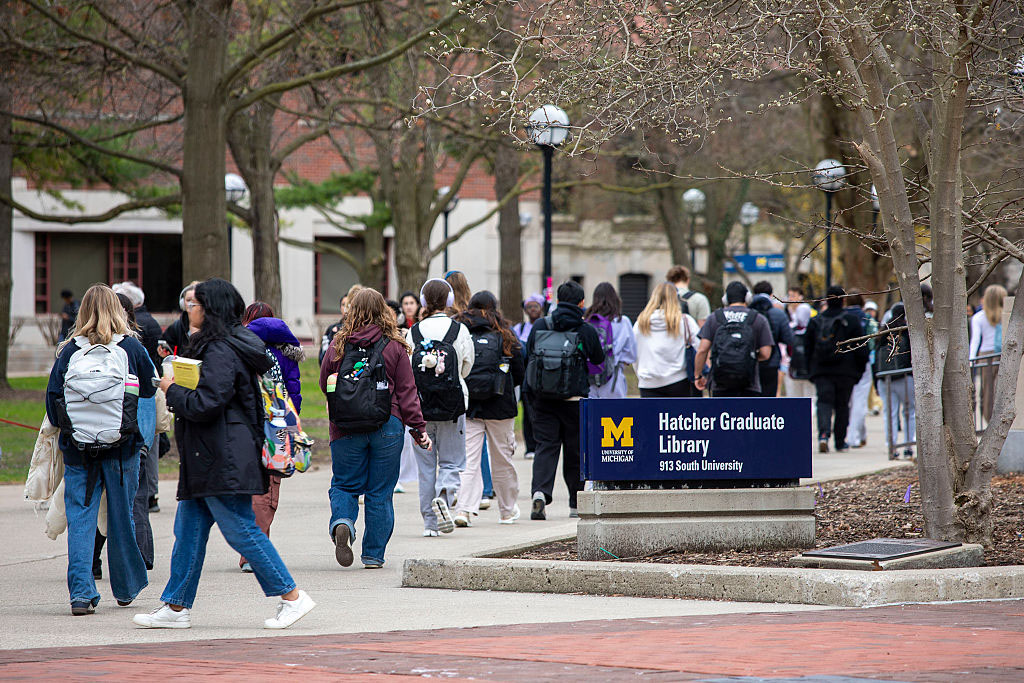
Joe Biden and Benjamin Netanyahu have known each other for more than forty years.
When they first met in 1982, Netanyahu was the deputy chief of the U.S. Embassy in Washington and Biden was the junior Senator from Delaware. Ronald Reagan was president of the United States and Menachem Begin was the Prime Minister of Israel. Nancy Pelosi had not yet been elected to Congress and Mitch McConnell was a county judge in Kentucky. Kevin McCarthy was a senior in high school. Kyrsten Sinema was in first grade and Pete Buttigieg was six months old. Netanyahu has since met seven American presidents and Biden has known eleven Israeli prime ministers.
More than thirty years later, when Biden was vice president and Netanyahu was in his second stint as prime minister at a particularly tense time in the U.S.-Israel relationship, Biden reportedly told Netanyahu. “Bibi, I don’t agree with a damn thing you say, but I love you.”
That romance is about to be put to a series of tests.
It was reported last week that the White House is dispatching National Security Advisor Jake Sullivan to Israel to meet with Netanyahu regarding his new government’s policies regarding the Palestinian conflict and several domestic issues regarding conversion and migration that are raising tensions between Israel and the American Jewish community. Secretary of State Antony Blinken is also expected to make the trip next month, and it appears that Biden and Netanyahu will meet in person during the first months of the year, an ambitious schedule that underscores U.S. concerns about the direction Israel’s new governing coalition intends to lead that country.
Biden’s options on West Bank policy are limited, as the ongoing violence in Israel has solidified voter support there for Netanyahu’s more aggressive goals. The Religious Zionism party’s hopes of formally annexing the West Bank will probably be derailed, but it’s unlikely that White House will be able to slow down the legalization of dozens of unauthorized settlements and other steps to solidify Israel’s foothold in the contested areas.
Netanyahu’s greater challenge will be to thwart the plans of his ultraconservative allies to restrict the “law of return’ that allows diaspora Jews to emigrate to Israel and to delegitimize non-Orthodox conversions. A group of American Jewish leaders have warned Israeli officials of significant damage to the level of support from this country’s Jewish community if these policies are implemented, even predicting the possibility of Jewish-led protests outside the Israeli embassy in Washington. Netanyahu has publicly stated that the laws will not be changed, but members of his incoming Cabinet have indicated their intentions to proceed.
The Biden-Netanyahu partnership will also be put to a test on the international front, where rapidly changing circumstances in Iran and Saudi Arabia will make close coordination between the two men even more important. Biden has declared the Iranian nuclear negotiations to be “dead,” which eliminates the biggest foreign obstacle between the U.S. and Israel. But the massive protests against the Iranian government and the military support that Iran has provided to Russia in the Ukraine war have created even more instability and even greater danger.
Meanwhile, increased tensions over human rights and energy policy have left the strategically critical alliance between the U.S. and Saudi Arabia in a precarious position. The Saudis have now begun meaningful outreach efforts to China at a time when the Biden Administration is working overtime to curb China’s international presence. But Netanyahu has indicated a strong desire to expand the Abraham Accords to include Saudi Arabia, which would significantly improve cooperation with that country for both Israel and the U.S.
The question then becomes how much leeway Biden will allow his old friend in the highly-charged and strategically vital West Bank in exchange for progress on these global issues.
Biden knows how important a united front in dealings with Iran and Saudi Arabia are not only to his Middle East policy, but even greater challenges with superpower adversaries Russia and China. He also knows that the American Jewish community will not tolerate any backpedaling on conversion and migration issues. The question then becomes how much leeway Biden will allow his old friend in the highly-charged and strategically vital West Bank in exchange for progress on these global issues.
Dan Schnur is a Professor at the University of California – Berkeley, USC and Pepperdine. Join Dan for his weekly webinar “Politics in the Time of Coronavirus” (www.lawac.org) on Tuesdays at 5 PM.

































